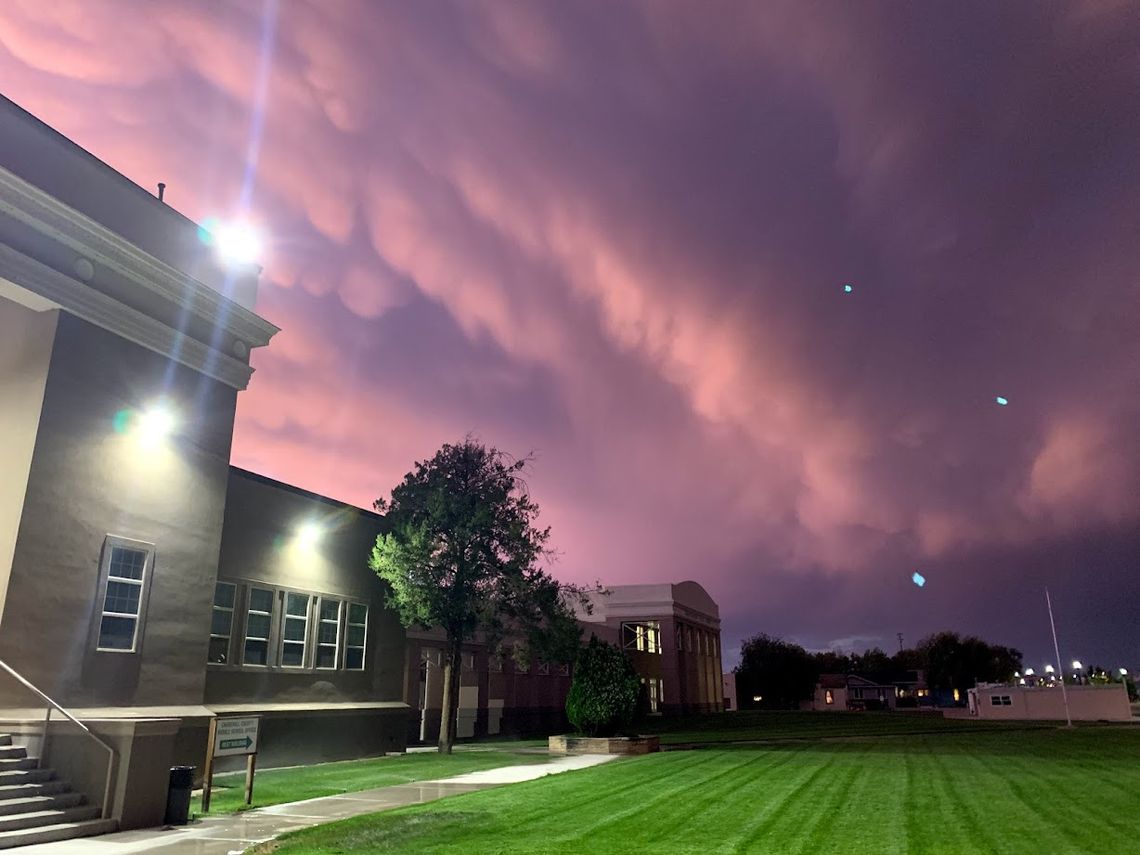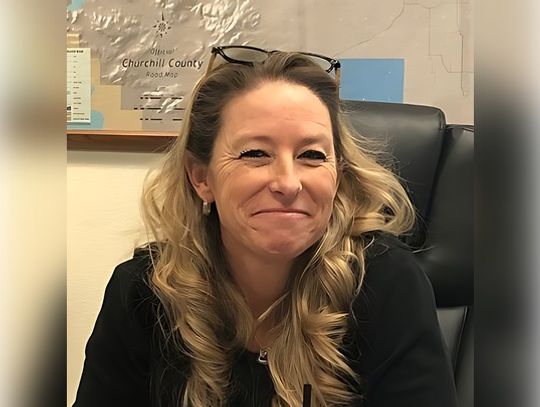The Churchill County School District Board of Trustees has approved the first version of the Churchill County School District Behavior Matrix/Progressive Discipline Plan to meet the legislative requirements of Assembly Bills 285 and 330, which revise the Statewide Restorative Justice Framework requirements for school districts under Nevada Revised Statute 388.133.
State law defines restorative justice as non-punitive support and intervention that schools provide students to improve their behavior and repair any harm they may have caused. This can include behavioral interventions, referrals to community services, conferences with the school principal, holding students accountable, and repairing harm done. The idea is to create an alternative to exclusionary disciplinary practices which remove students from the academic environment.
The district administrative team, including Superintendent Derild Parsons and Assistant Superintendent Stacey Cooper, began working on the plan in July 2023, when the law went into effect, with a review of the current status of behavior reporting in the district. The Matrix Plan begins implementing the legislative changes to discipline processes in the district by providing a plan to the state for how ChurchillCSD will implement a progressive discipline plan for students based on restorative justice principles.
Last month, Parsons presented the Matrix and Discipline Plan to the board of trustees, which will now be sent to the state Department of Education to meet the law's requirements. By August 1, a sample collection of district plans from across the state must be shared with the Joint Interim Standing Committee on Education and the Department of Education. Parsons said the plan will be reviewed annually and brought back to the board for their review as changes are made each year.
The Matrix characterizes “Minor” and “Major” Behaviors. Attendance, tardiness and truancy are minor behaviors, with habitual truancy being a major behavior event. Bullying and cyberbullying are listed, with the fourth incident of the same minor behavior type or the severity of the behavior resulting in a major behavior event.
Other behaviors include discrimination based on race, substance abuse, sexual assault and misconduct, threat behaviors, violent behaviors, weapons, and violations of school rules. Specific violations of school rules include bus transportation, arson, cheating, damage to property, dress code, language, technology, trespassing, gang-related behavior, and disruption of school activities. Each behavior in the matrix is identified and linked to an existing state law and/or district policy for ease of reporting.
During their review of behaviors last summer, Cooper found that there had been widespread miscategorization of behaviors within Infinite Campus, the tool used to document grades and behavior. This resulted in problems with extracting accurate data for analysis and reporting. There were also major behavior incident entries left open, in progress, or unresolved, and discipline review procedures were inconsistent and sometimes unknown between school sites.
The review found 239 major behavior events at the high school, with 160 students and 32 staff involved, and 631 minor events. The middle school had 816 major events, with 339 students and 50 staff involved. The reporting captured 3,127 minor events.
Parsons said that in August, teachers and administrators will be trained on the processes for implementing the Matrix Plan.
Trustee Joe McFadden said he is concerned with consistently identifying and documenting behaviors.
Trustee Matt Hyde expressed frustration with the discipline process. “We keep kicking this can down the road. It seems like we will never have real data if we keep changing how we collect the data. It’s becoming quite frustrating. Some of this stuff is so convoluted and so hard to work with the kids just end up back in the classroom, and that’s frustrating teachers, and I don’t blame them. This is state driven, they put these mandates on us.”
Parsons replied that filling the two Special Assignment positions would be key to implementing the plan. “In order to change behaviors, we have to be able to implement consequences,” he said.
McFadden said that accurate reporting will be key. “One thing that ties all this together is accurate reporting in Infinite Campus, getting this to work so teachers trust it so they will spend the time it takes to document and report.”
Parsons clarified that teachers will make the referrals and begin the documentation process that will go to administrators to categorize using the established definitions. “Admin will determine the behaviors and ensure an accurate reflection of behavior according to the definitions in the document.” This will lead to more consistency in recording and using the data. “Teachers will choose the general category, admin will clarify and approve what happened.”
Trustee Julie Guerrero-Goetsch said, “A lot of trust needs to be rebuilt. I’m hearing that so many teachers have quit reporting because they never see outcomes and they are frustrated by the process. It needs to be reiterated in the training so teachers understand their part, and administrators need to be held accountable for timely intervention and proper coding of the referrals so teachers see actional action and follow through. Teachers won’t be engaged in the process if they don’t feel supported.”
The seven-member Churchill County School Board of Trustees meets regularly on the third Wednesday of each month at the District Offices at 690 S. Maine St.









Comment
Comments